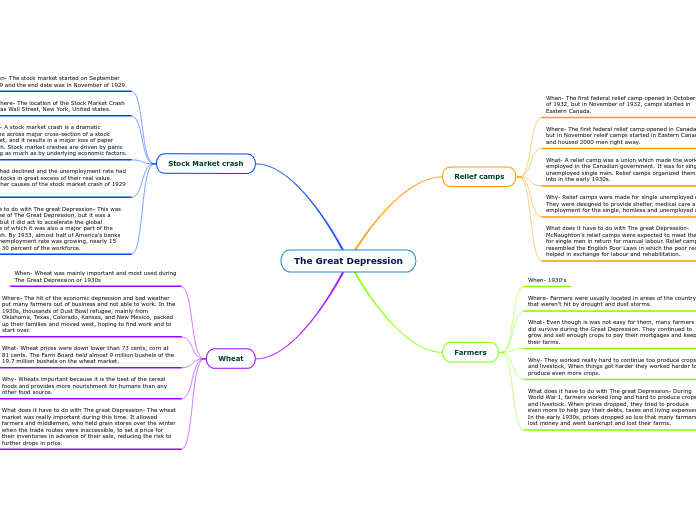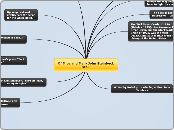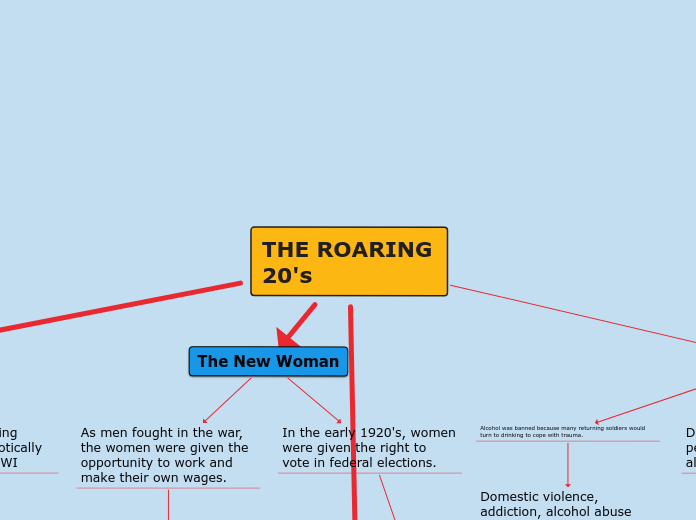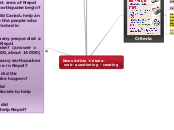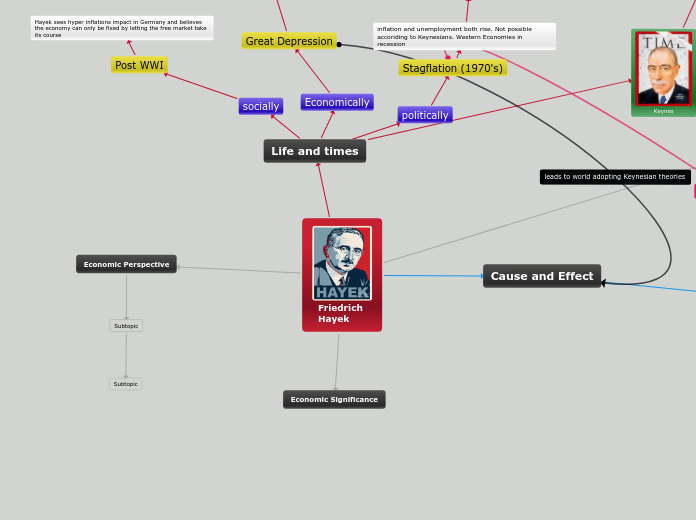によって Lily McCormick-Hill 4年前.
303
The Great Depression
The economic turmoil of the Great Depression was significantly influenced by the stock market crash of 1929, which began in September and culminated in November. The crash was precipitated by declining production, rising unemployment, and an overvaluation of stocks.
